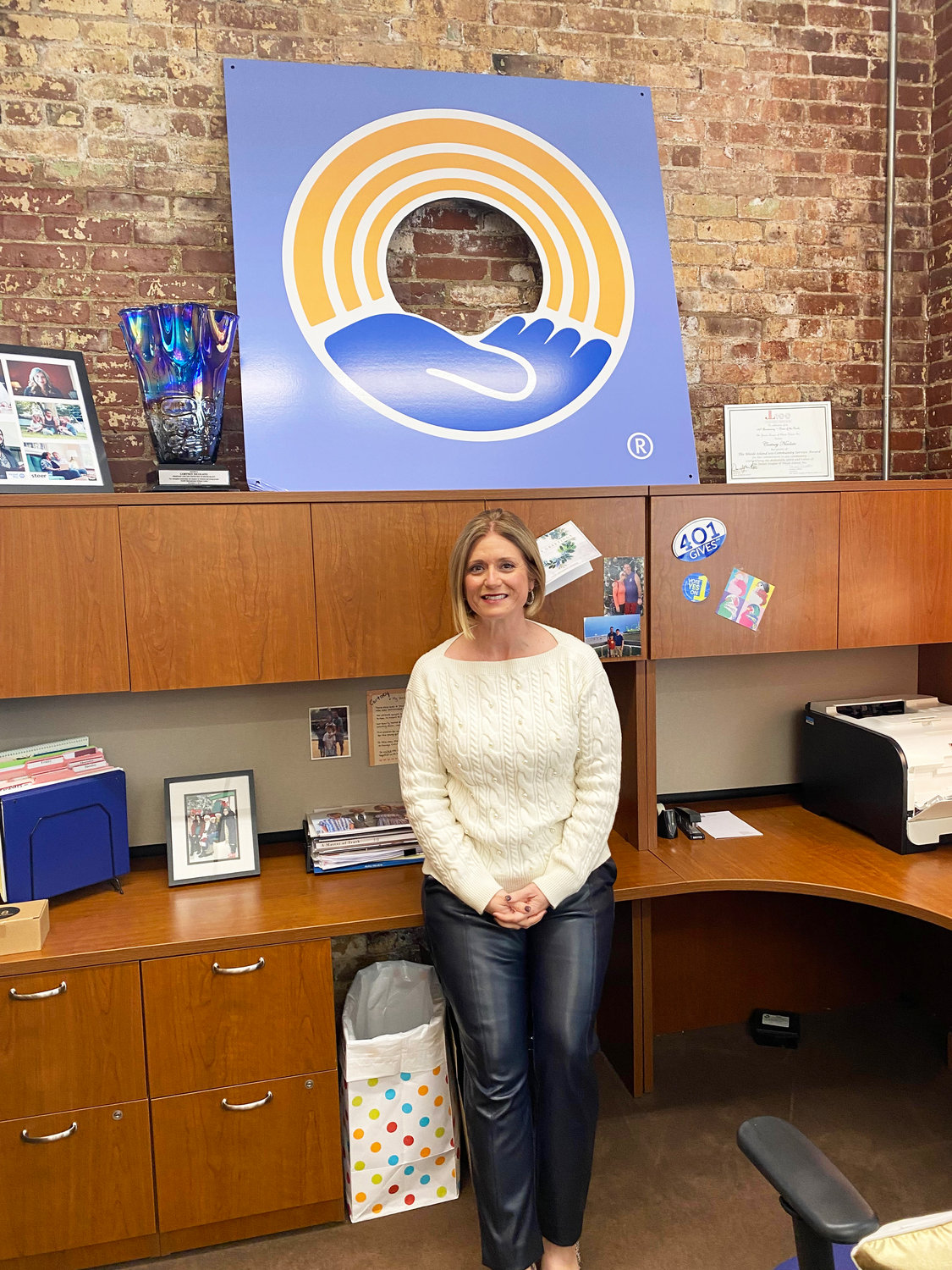Taking the pulse on social needs in RI
What does the data from 211 calls reveal?
For all the efforts underway to develop better strategies to address homelessness and to increase production of housing starts, there are some disturbing reports about the alleged failure by the state Housing Department to pay invoices on time for the agencies that are providing services for the at-risk population. Some report that they have received no payment and others only partial payment, creating cash flow problems.
The providers, in turn, have been timid -- and politically savvy – about speaking out about the financial problems being caused by the delay in payments, not wanting to bite the hand that is feeding them, given the thin skin of the McKee administration and it responds to criticism.
PROVIDENCE – Three-hundred-and-sixty-five days a year, 24/7, United Way of Rhode Island’s 211 is there to answer the calls of our neighbors across the Ocean State, providing a real human contact and help with resources for needs that range from food and senior services to child care, prescriptions, and beyond.
And there are a lot of calls – 188,215, to be exact, just last year. This number, although down from the COVID-fueled levels of the last few years, is alarming in the fact it is a higher volume than was seen pre-pandemic.
On Feb. 9, United Way of Rhode Island used National 211 Day to highlight the vital impact its helpline makes here in the Ocean State – and to shine light on what 211’s data tells us about the “state of social need” in our state. What is most important to remember, however, is that each call represents a person or family – and real, tangible needs.
What 211 excels in is in meeting Rhode Islanders where they are, to connect them with the programs and services they need to get them where they need to be. The helpline also serves as an invaluable tool in measuring trends and emerging needs.
The greatest need
Among the most prevalent needs of those to contact 211 call specialists last year were for senior and disability services, and for those asking assistance with supports for caregivers. We’ve anticipated the boom of Rhode Island’s aging population. But, in looking at the 211 data, it reveals a 20 percent rise in the number of annual contacts for senior and disability services. Translated, it’s likely the rising rate of our aging population is happening even quicker. We need to be ready with sustainable programs, accessible services, and more home- and community-based nursing care options. That’s just a start.
United Way’s latest data also tells us that far too many Rhode Islanders are struggling with two of their most basic needs: housing and food. A total of 42,416 calls were placed for assistance with food, while another 45,731 were seeking help with housing and shelter. Across the board, callers overwhelming cited higher costs for everyday goods – and skyrocketing rent and housing prices – for their struggle to make ends meet.
Rhode Island has a significant housing crisis on its hands, a level which affects nearly every aspect of our economy, the quality of life here, and the ability of our people – and ultimately our state – to thrive at the fullest potential.
If we cannot address our housing issues, we will not realize the progress we need in the fight against hunger or with improving our educational outcomes – as well as a glaring workforce skills gap.
Above the radar screen.
That is why United Way of Rhode Island eagerly partnered with Stefan Pryor, secretary of the state’s Department of Housing, to host a recent mini-conference on “Ending Family Homelessness” on Jan. 31. There, local advocates and service providers heard from partners from across the country who are tackling family homelessness as part of a comprehensive effort to solve homelessness for all.
Among them was Jim Mathy, the Housing Division Administrator for Milwaukee County Housing Department, who spoke about his shared work with United Way of Greater Milwaukee and Waukesha County to effectively end family homelessness in a county roughly equal to Rhode Island’s population.
Additional details of this work were shared in a video created by Amy Lindner, who leads the United Way of Greater Milwaukee and Waukesha County. It centered on five essential elements: emphasizing prevention; a “Right to Counsel” program for families facing eviction; a Family Flex Fund to provide short-term financial assistance; the creation of a central rental housing resource center for tenants and landlords; and school-based housing case management.
In just three years, this overarching approach led to the effective “end” of family homelessness in Milwaukee County as defined by the U.S. Interagency Council on Homelessness. Through the efforts of many partners, by the end of 2023, Milwaukee County had met the 58 criteria established by the council to declare victory over homelessness – a year earlier than expected.
There is no doubt in my mind we here in Rhode Island could follow Milwaukee’s lead. With the insights learned from our 211 data and the roadmaps presented on Jan. 31, we have an even better understanding of where we need to concentrate our efforts. We have dedicated advocates and service providers who are seeking a better tomorrow for those experiencing homelessness. And, we have state leaders who, I believe, want to change the system for the better.
So, let’s do this together.
Cortney Nicolato is the president and CEO of United Way of Rhode Island.






